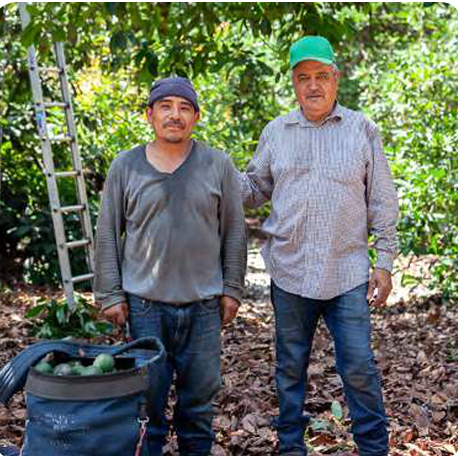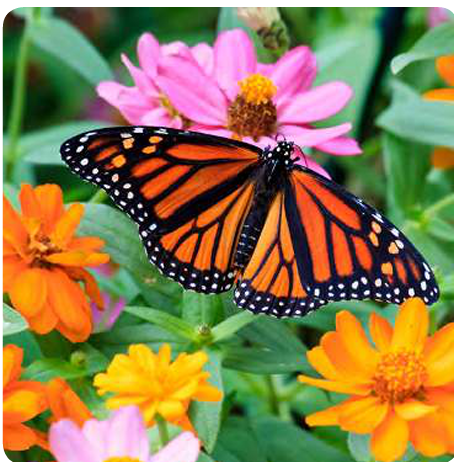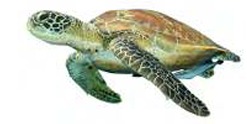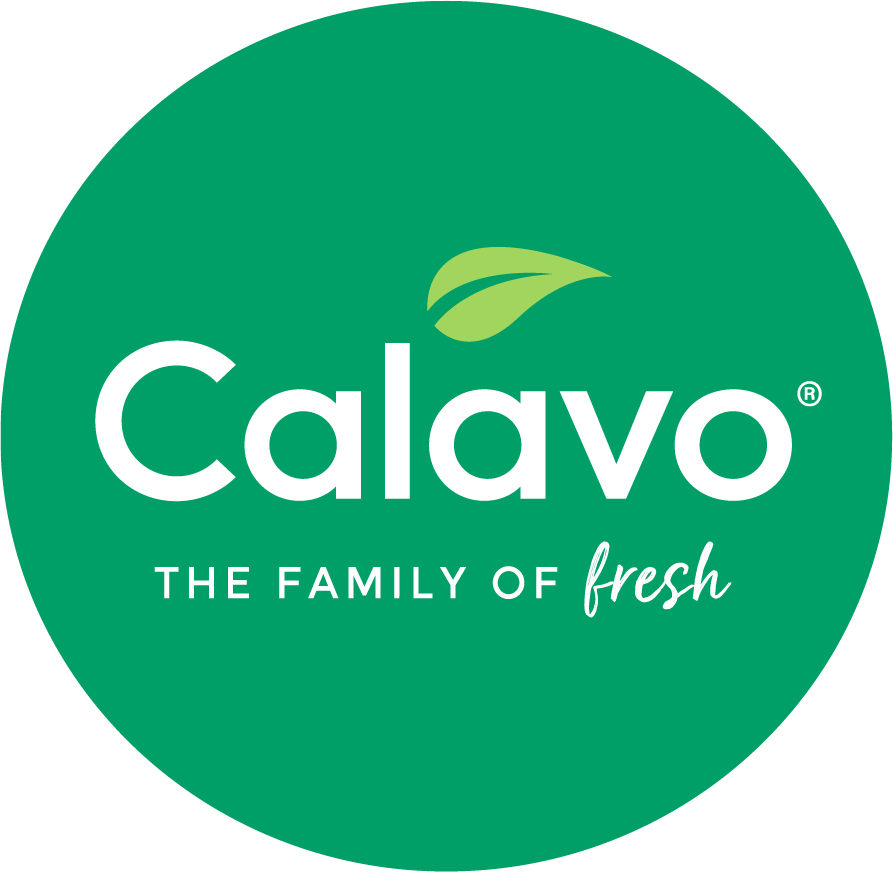The Calavo Way: Sustainable Agriculture
Originally published in Calavo Grower's 2021 Sustainability Report
Calavo works with thousands of food suppliers and growers around the world. We have a joint-venture investment in a greenhouse tomato operation in Jalisco, Mexico (Agricola Don Memo), but otherwise do not have direct control over the growing practices of our suppliers. However, we are proud to work with our customers to source products grown with sustainable agriculture practices, including Fair Trade products, organic products, non-GMO products and products with specific sustainable agriculture practices.
SUPPLY CHAIN RISK
Calavo depends on a reliable source of high-quality produce from growers in a complex supply chain. In particular, five ingredients (avocados, tomatoes, watermelon, pineapple and mango) make up about 80% of our food sourcing spend. These produce items are best grown in tropical and sub-tropical locations with healthy soil, lots of sunshine and ample water supply.
As climate change increases the frequency and severity of extreme weather events, we are beginning to integrate climate adaptation strategies into our business model. These strategies include diversifying suppliers, seeking weather-adapted plant species and providing technical support to farmers implementing water efficiency technology.
2021 SUSTAINABLE AGRICULTURE AND CONSERVATION HIGHLIGHTS
- In Mexico, we built a pollinator garden, creating a habitat for birds, butterflies and insects. Not only does it provide a protected ecosystem for pollinators, it also provides an opportunity for Calavo to raise awareness amongst employees and visitors about the importance of biodiversity.
- Our team also participates in volunteer turtle patrols along the beaches of Puerto Vallarta to raise awareness of our local ecosystem threats and opportunities to preserve nature. Volunteers, working with local conservation organizations, locate and rescue turtle eggs from the beach, where they are subject to poaching, predator threats, and harm from motorized vehicles. The eggs are transferred to a sanctuary until they hatch and can be returned to the ocean.




